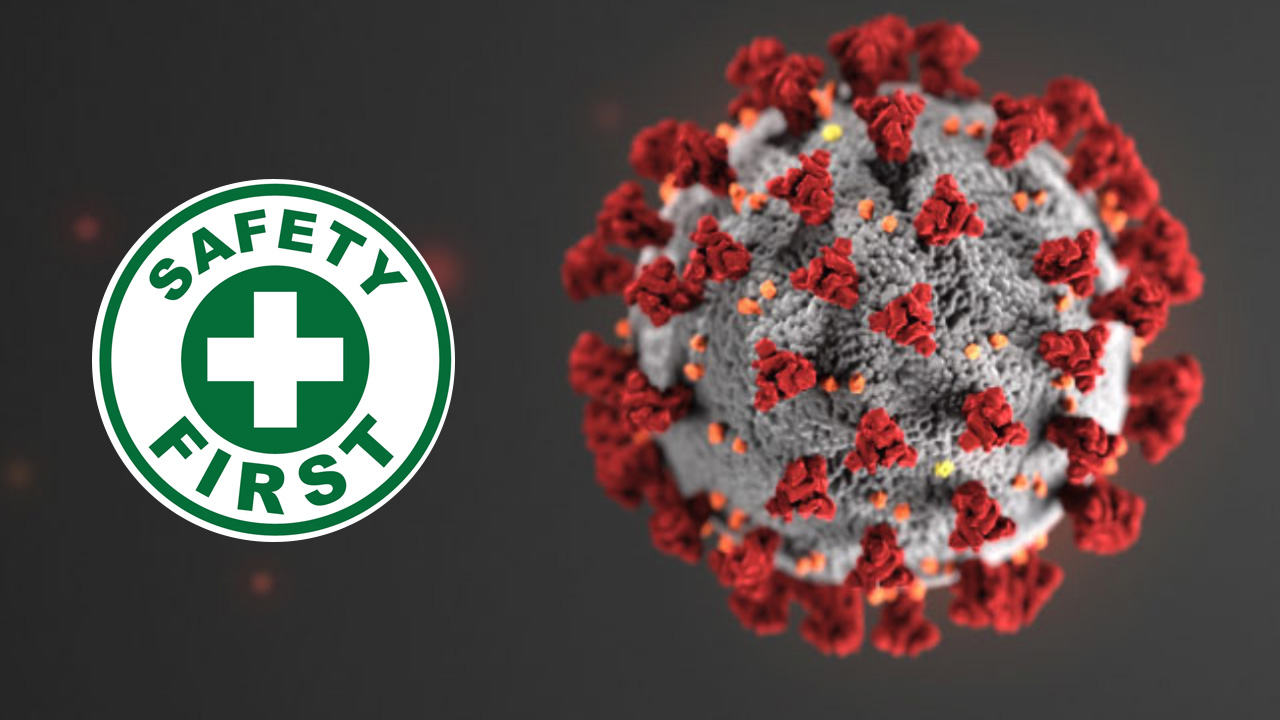Benefits of a Plant-Centered Diet
According to the American Diabetes Association, there are 29 million Americans who live with Diabetes, 90-95% of which have type 2 diabetes, and 86 million more are currently at risk of developing diabetes.
While individuals may be genetically predisposed to developing Type 2 diabetes, a dietary lifestyle that is high in fat (especially saturated fat) could be the trigger for diabetes to rear its ugly head.
Why Does Type 2 Diabetes Occur?
Type 2 diabetes occurs when sugar has a hard time getting into the body’s cells. Blood sugar rises, and the typical recommendation is to limit consumption of carbohydrates (which, ultimately break down into sugar, aka glucose). However, the latest nutrition research reveals another piece of the puzzle that must be included into the conversation.
When we eat high-fat diet (when fat calories are >20% of total calories and come from meat, dairy, oils, or processed foods) little, teeny, tiny, fat globules may build up inside our cells. This is different than the type of fat we try to exercise (or wish or pray) away. Ever wonder why there are individuals who are diagnosed with diabetes who are as thin as a toothpick? This is why. A high-fat diet can result in high-fat cells. And high-fat cells is the reason behind insulin resistance. Decreasing fat consumption can clear out the fat inside our body cells and improve insulin sensitivity dramatically.
How does a high-fat diet affect our cells?
When there is a build up of fat inside our cells, it acts like gum jamming up a lock. Insulin, the key, cannot open the door which will ultimately let glucose into the cell so we can go about our daily lives. Subsequently, glucose builds up in our blood stream. Over time, chronically high blood glucose levels will cause inflammation and can affect the vessels of the brain, eye, kidneys, and limbs. For a person diagnosed with pre-diabetes or diabetes, finding ways to add more fruits, vegetables, whole grains, and beans can totally change the trajectory of your life.
The Benefits of a Plant-Centered Diet on Type 2 Diabetes
By reducing fat intake, increasing dietary fiber, and increasing vegetable protein, you can help battle insulin resistance. This could mean blood sugar control and reduction or even elimination of medications.
This blog post was written by Karen Chaska, University of North Florida graduate student and dietetic intern and Heather Borders, Registered Dietitian with Kailo Nutrition.
References:
- Kuhlmann J, Neumann-Haefelin C, Belz U, et al. Intramyocellular lipid and insulin resistance. 2003 Jan; 52(1): 138-144.
- Barnard ND, Katcher HI, Jenkins DJA, et al. Vegetarian and vegan diets in type 2 diabetes management. Nutrition Reviews. 2009; 67(5): 255-263.
- Lee YM, Kim SA, Kim JG, et al. Effect of a brown rice based vegan diet and conventional diabetic diet on glycemic control of patients with type 2 diabetes: a 12 week randomized clinical trial. PLoS ONE. 2016; 11(6): 1-14.
- Rinaldi S, Campbell EE, Fournier J, et al. A comprehensive review of the literature supporting recommendations from the Canadian Diabetes Association for the use of a plant-based diet for management of type 2 diabetes. Can J Diabetes. 2016; 40: 471-477.
Post navigation
Top 5 Benefits of Attending a Grocery Store Tour
Digging around Farmers Markets








 Why I Walk to End Alzheimer’s
Why I Walk to End Alzheimer’s




